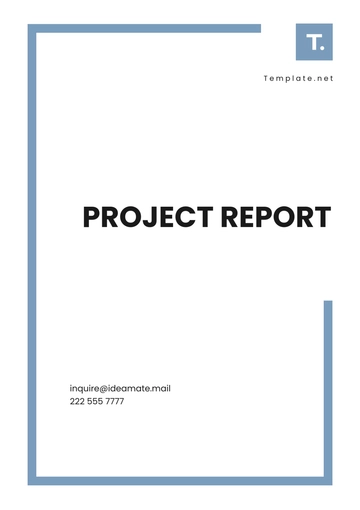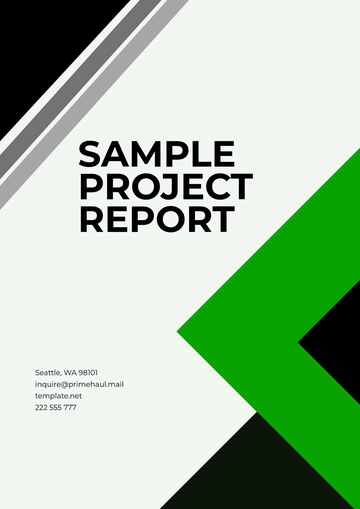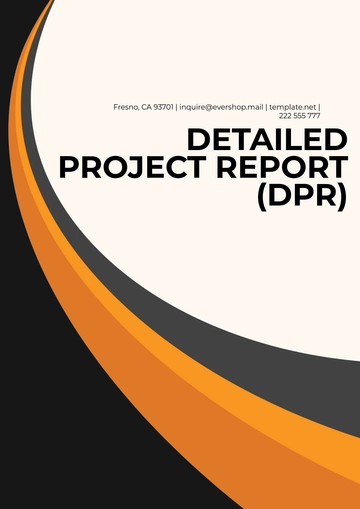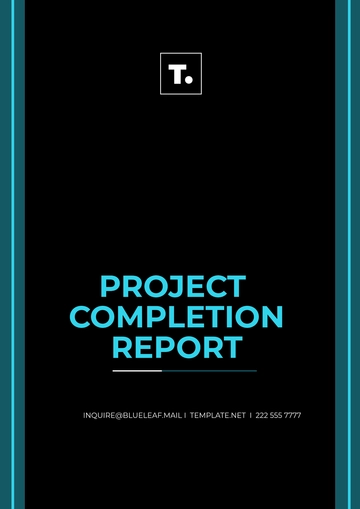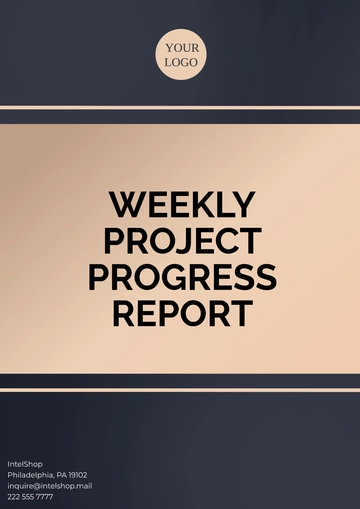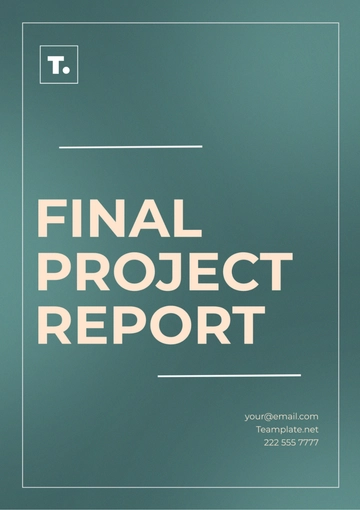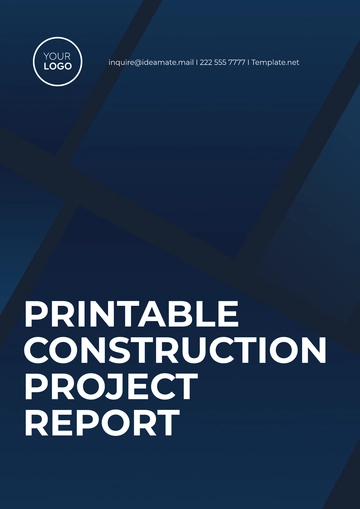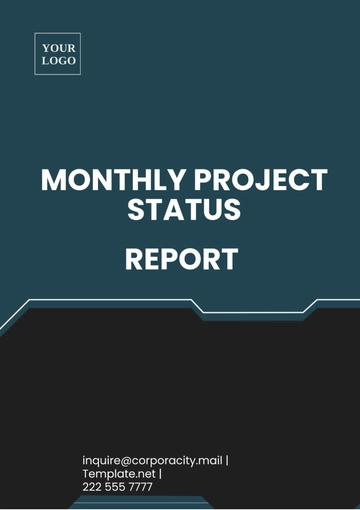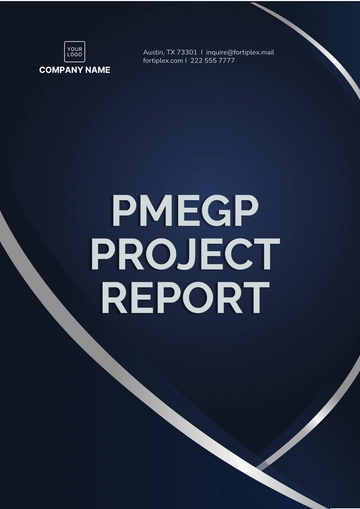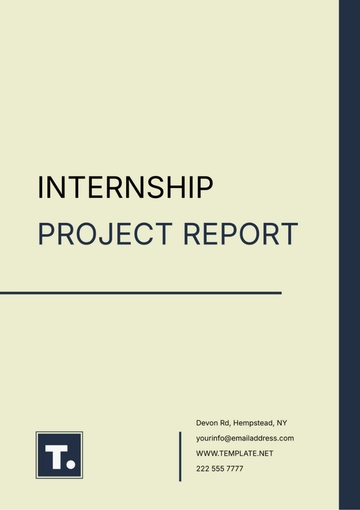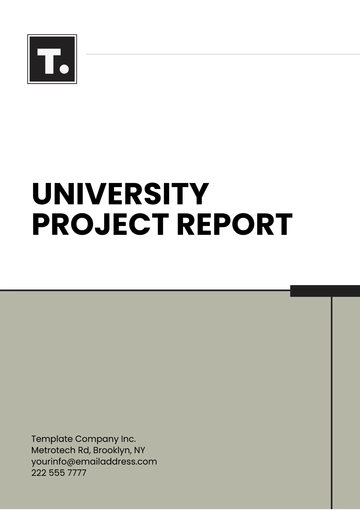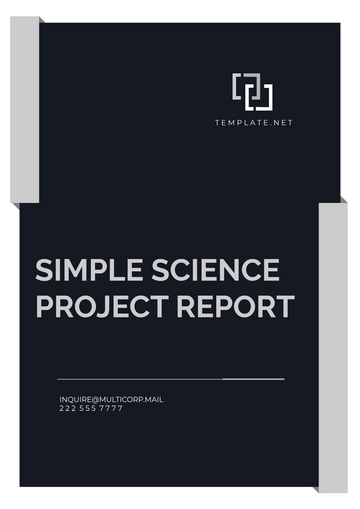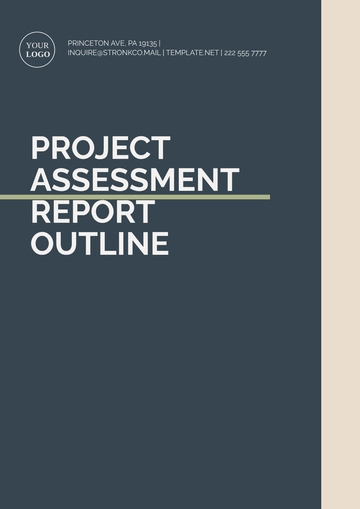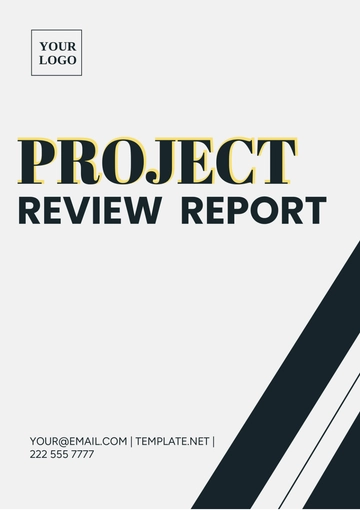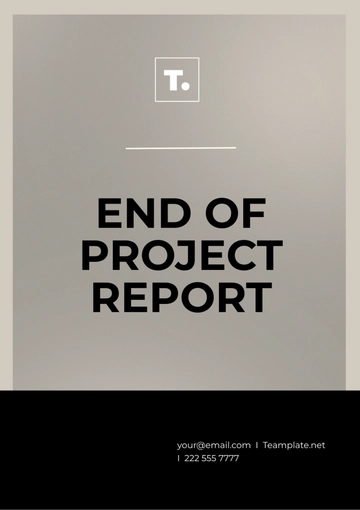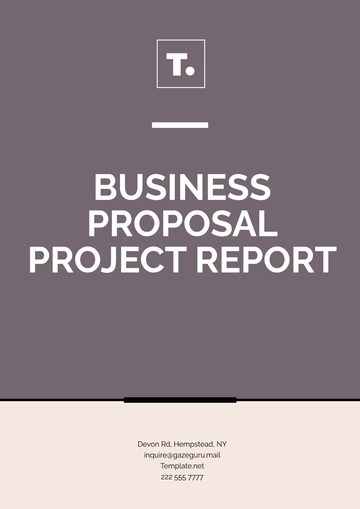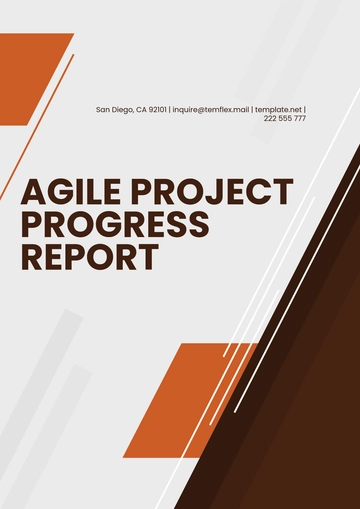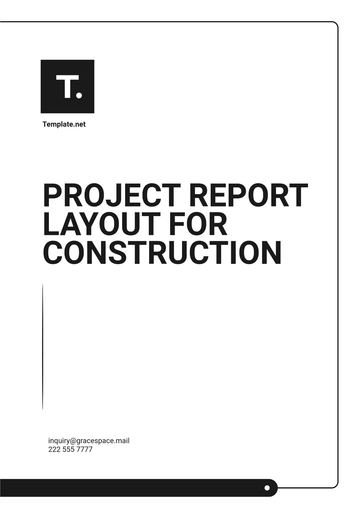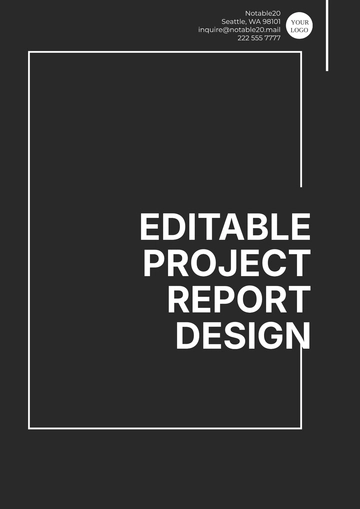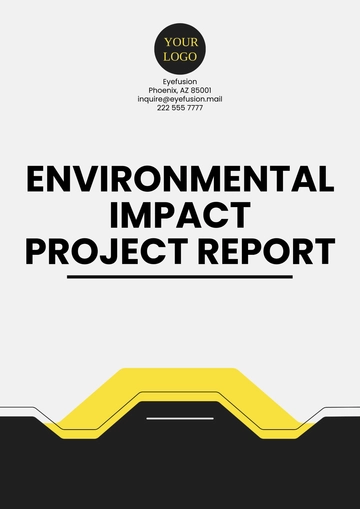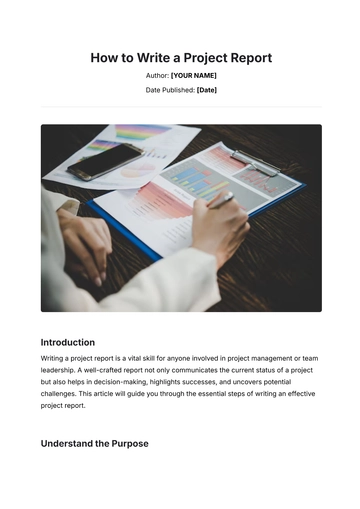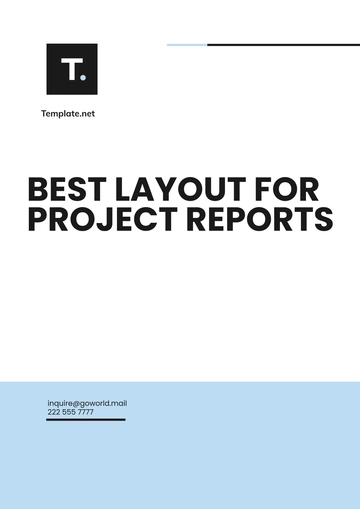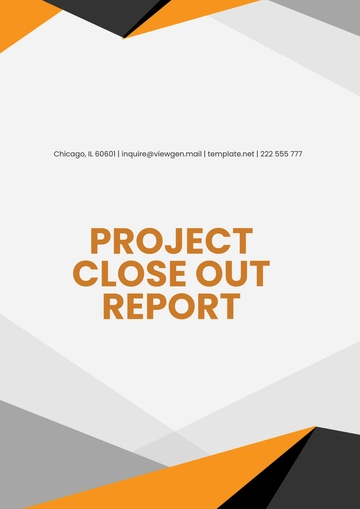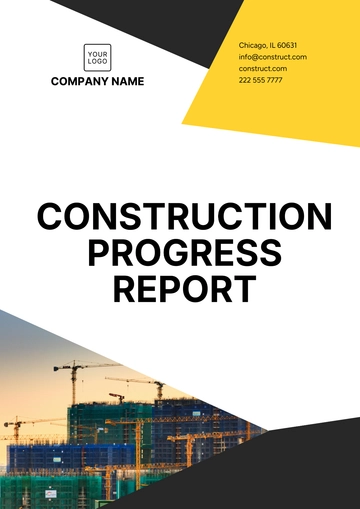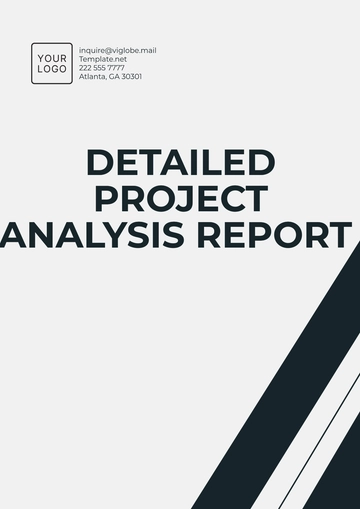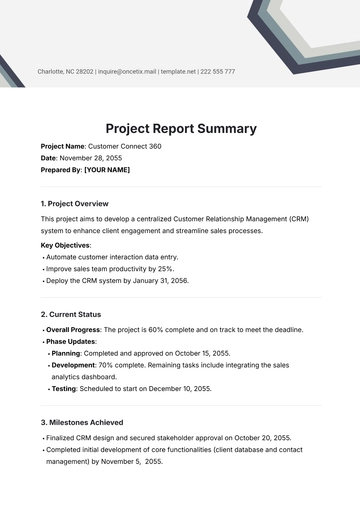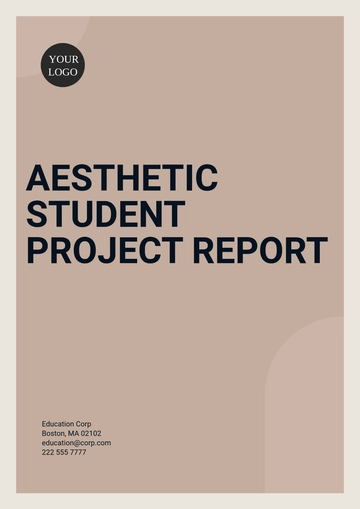Free Law College Project Report
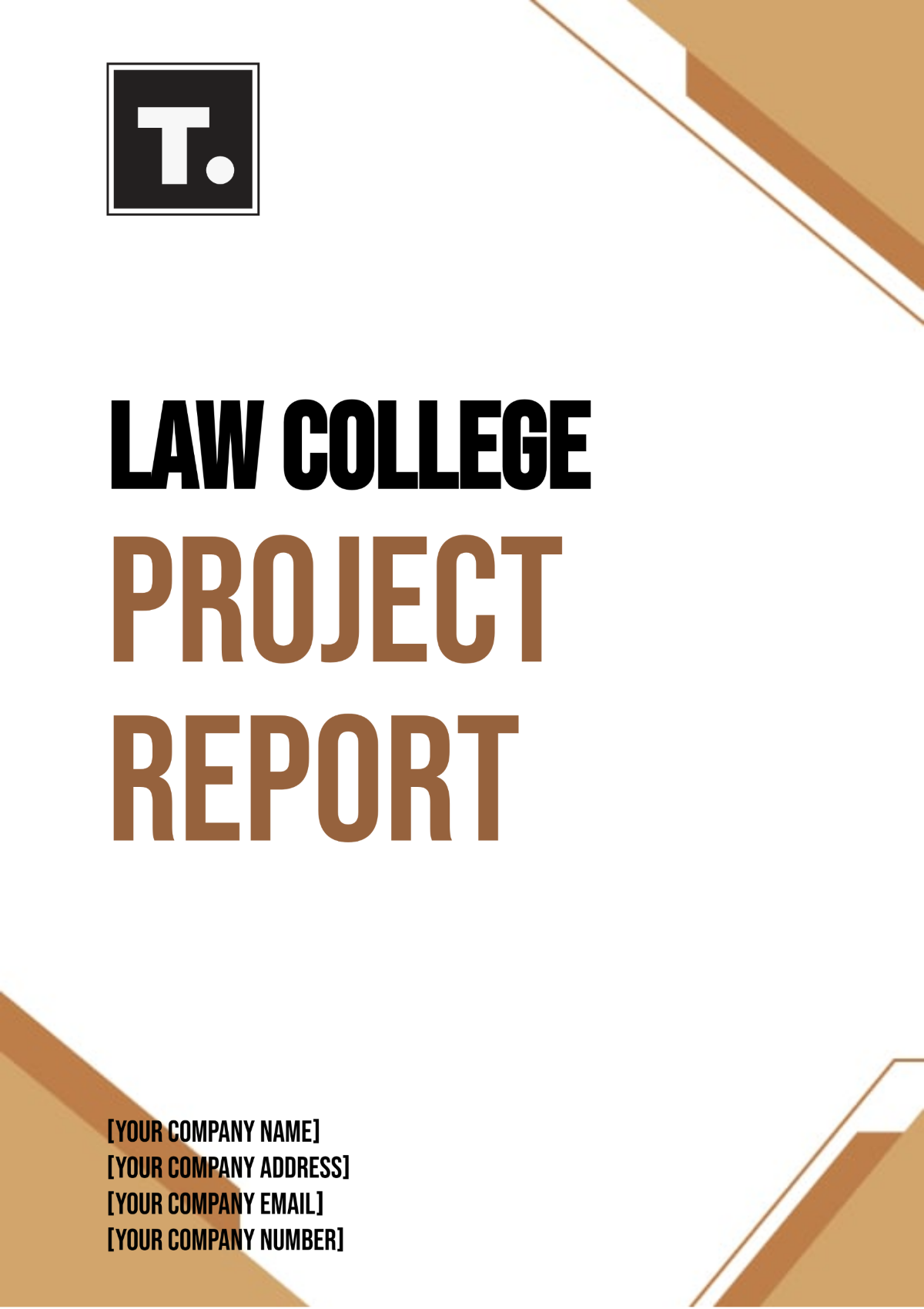
I. Introduction
The purpose of this project report is to evaluate students' comprehension of legal concepts, research skills, analytical abilities, and communication effectiveness in the field of law. The project involved 20 students enrolled in [YOUR COMPANY NAME], who were tasked with conducting in-depth research on a selected legal topic and presenting their findings in a comprehensive report format.
II. Methodology
Selection of Topic: Students were given the freedom to choose a legal topic of interest within the scope of the course curriculum. Topics ranged from intellectual property rights to criminal law reform.
Literature Review: An extensive literature review was conducted to gather relevant information and perspectives on the chosen topic. Students utilized online databases, legal journals, and library resources for this purpose.
Data Collection: Primary sources such as court cases, statutes, and regulations, as well as secondary sources including scholarly articles and government reports, were used to gather data.
Analysis: Students employed various analytical techniques, including legal reasoning, comparative analysis, and statistical analysis, to interpret the collected data and draw meaningful conclusions.
Report Writing: The project report was structured to include sections such as Introduction, Literature Review, Methodology, Findings, Analysis, Conclusion, Recommendations, and References.
III. Literature Review
Scholarly Articles: Students surveyed a wide array of scholarly articles published in reputable legal journals, academic databases, and online repositories. These articles offered nuanced insights, theoretical frameworks, empirical data, and critical analyses pertaining to the chosen legal topic.
Textbooks and Monographs: Students consulted authoritative textbooks and monographs authored by legal scholars, practitioners, and experts in the field. These foundational texts provided comprehensive overviews, historical contexts, and theoretical frameworks relevant to the chosen legal topic.
Case Law: Students meticulously examined relevant court cases, judicial opinions, and legal precedents pertinent to their research topic. By analyzing landmark decisions, circuit splits, and emerging trends in jurisprudence, students gained valuable insights into the application of legal principles in real-world contexts.
Legislative Materials: Students reviewed statutory provisions, legislative histories, and regulatory frameworks related to their chosen legal topic. By analyzing statutory language, legislative intent, and regulatory regimes, students gained insights into the development, implementation, and enforcement of legal norms and policies.
Secondary Sources: Students explored a diverse range of secondary sources, including government reports, policy briefs, white papers, and think tank publications. These secondary sources provided valuable empirical data, policy analyses, and expert opinions relevant to the chosen legal topic.
IV. Findings
Emerging Trends: Several students identified emerging trends within their chosen legal areas, such as the growing importance of data privacy laws in the digital age or the evolving landscape of international trade regulations post-Brexit.
Legal Precedents: Many students delved into historical and contemporary legal precedents to analyze the development of key legal principles and doctrines.
Areas of Contention: Certain projects highlighted contentious issues within the legal field, such as debates surrounding freedom of speech on social media platforms or the intersection of religious freedom and anti-discrimination laws in the workplace.
Policy Implications: Several projects explored the policy implications of legal developments, offering recommendations for legislative reforms or regulatory interventions.
Global Perspectives: Some students adopted a comparative approach, examining legal frameworks and practices across different jurisdictions to gain insights into international law and governance issues.
Interdisciplinary Connections: A recurring theme across multiple projects was the exploration of interdisciplinary connections between law and other fields such as technology, economics, psychology, and sociology.
V. Analysis
Understanding of Legal Concepts: The students demonstrated a strong understanding of constitutional law principles through their analysis of landmark Supreme Court cases.
Research Skills: The ability of students to gather relevant data from both primary and secondary sources showcased their research proficiency.
Analytical Abilities: Students effectively applied legal reasoning and critical thinking skills to analyze complex legal issues and develop coherent arguments.
Communication Effectiveness: The project reports were well-organized, coherent, and effectively communicated the students' research findings and conclusions.
VI. Discussion
Implications of Findings: Students explored the practical implications of their findings, considering how their research insights could inform legal practice, policymaking, and societal understanding.
Policy Recommendations: Building upon their research findings, students formulated specific policy recommendations aimed at addressing identified challenges or improving existing legal frameworks.
Limitations and Challenges: Students critically reflected on the limitations and challenges encountered during the research process, acknowledging factors such as data availability, methodological constraints, and inherent complexities within the legal landscape.
Future Research Directions: Recognizing the dynamic nature of the legal field, students identified promising avenues for future research and inquiry.
Interdisciplinary Insights: Drawing upon insights from other disciplines, students highlighted the interdisciplinary nature of many contemporary legal issues and the importance of cross-disciplinary collaboration in addressing complex societal challenges.
Ethical Considerations: Throughout the discussion, students grappled with ethical considerations inherent in their research topics, considering questions of justice, fairness, and the protection of individual rights.
VII. Conclusion
In conclusion, the Law College Project Report served as an effective tool to assess students' understanding of legal concepts, research skills, analytical abilities, and communication effectiveness. The project provided valuable insights into the strengths and areas for improvement of the students, contributing to their overall academic development in the field of law.
VIII. Recommendations
Based on the findings of the project, the following recommendations are proposed:
Encourage students to engage in interdisciplinary research to explore connections between law and other fields.
Provide additional training and resources on legal research methods and citation practices.
Foster a collaborative learning environment where students can exchange ideas and receive constructive feedback on their work.
For further inquiries regarding this project report, please contact:
[YOUR NAME]
[YOUR EMAIL]
[YOUR COMPANY NAME]
[YOUR COMPANY NUMBER]
[YOUR COMPANY ADDRESS]
[YOUR COMPANY WEBSITE]
[YOUR COMPANY SOCIAL MEDIA]
- 100% Customizable, free editor
- Access 1 Million+ Templates, photo’s & graphics
- Download or share as a template
- Click and replace photos, graphics, text, backgrounds
- Resize, crop, AI write & more
- Access advanced editor
Maximize your productivity with Template.net's Law College Project Report Template. This fully customizable and editable template is designed to meet all your academic needs. Utilize our AI Editor Tool for effortless modifications, ensuring your report is polished and professional. Perfect for law students aiming for excellence, this template simplifies your project creation process.
You may also like
- Sales Report
- Daily Report
- Project Report
- Business Report
- Weekly Report
- Incident Report
- Annual Report
- Report Layout
- Report Design
- Progress Report
- Marketing Report
- Company Report
- Monthly Report
- Audit Report
- Status Report
- School Report
- Reports Hr
- Management Report
- Project Status Report
- Handover Report
- Health And Safety Report
- Restaurant Report
- Construction Report
- Research Report
- Evaluation Report
- Investigation Report
- Employee Report
- Advertising Report
- Weekly Status Report
- Project Management Report
- Finance Report
- Service Report
- Technical Report
- Meeting Report
- Quarterly Report
- Inspection Report
- Medical Report
- Test Report
- Summary Report
- Inventory Report
- Valuation Report
- Operations Report
- Payroll Report
- Training Report
- Job Report
- Case Report
- Performance Report
- Board Report
- Internal Audit Report
- Student Report
- Monthly Management Report
- Small Business Report
- Accident Report
- Call Center Report
- Activity Report
- IT and Software Report
- Internship Report
- Visit Report
- Product Report
- Book Report
- Property Report
- Recruitment Report
- University Report
- Event Report
- SEO Report
- Conference Report
- Narrative Report
- Nursing Home Report
- Preschool Report
- Call Report
- Customer Report
- Employee Incident Report
- Accomplishment Report
- Social Media Report
- Work From Home Report
- Security Report
- Damage Report
- Quality Report
- Internal Report
- Nurse Report
- Real Estate Report
- Hotel Report
- Equipment Report
- Credit Report
- Field Report
- Non Profit Report
- Maintenance Report
- News Report
- Survey Report
- Executive Report
- Law Firm Report
- Advertising Agency Report
- Interior Design Report
- Travel Agency Report
- Stock Report
- Salon Report
- Bug Report
- Workplace Report
- Action Report
- Investor Report
- Cleaning Services Report
- Consulting Report
- Freelancer Report
- Site Visit Report
- Trip Report
- Classroom Observation Report
- Vehicle Report
- Final Report
- Software Report
